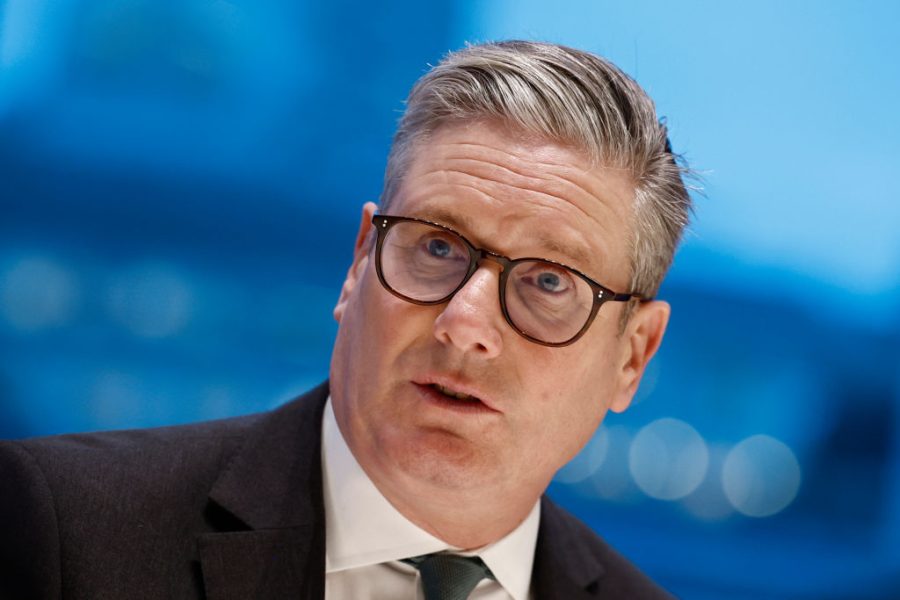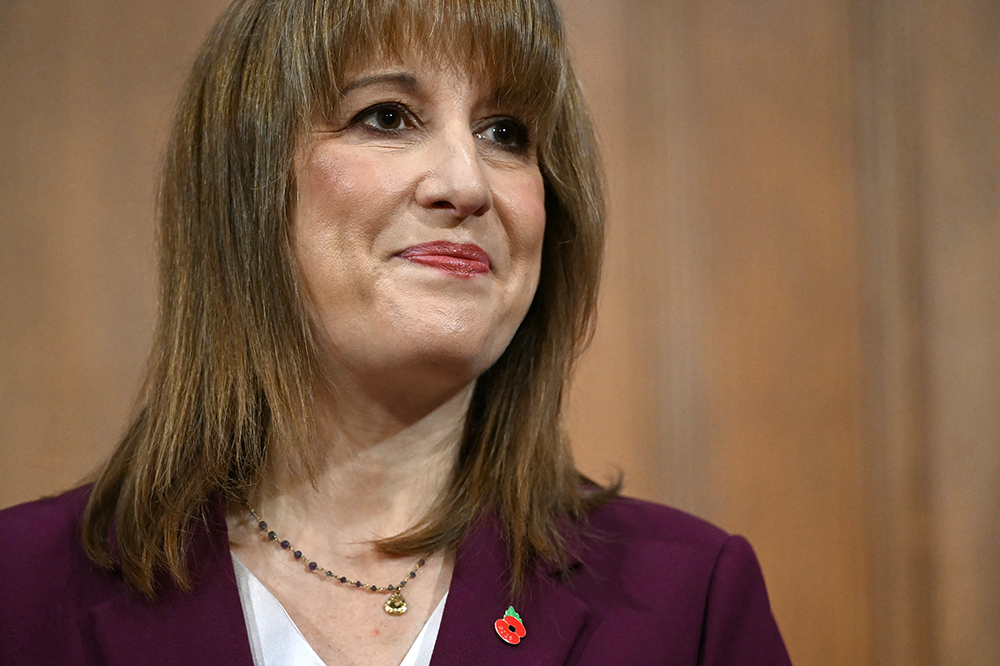When David Frost led UK negotiations with the EU on a free trade agreement five years ago, he was supported by a 100-strong Cabinet Office team. Prime Minister Sir Keir Starmer’s ‘EU reset unit’, also based in the Cabinet Office, is 100-strong too, including two permanent secretaries. Given Labour’s insistence that it is not seeking to renegotiate Brexit, but merely to improve relations with the EU, why appoint such a large, high-powered unit?
Setting aside the harsher criticism that the ‘EU surrender unit’ is a machine to reverse Brexit, government ministers and the PM remain tight-lipped about the officially titled ‘European Union relations secretariat’. It does not appear on the Cabinet Office website. Nick Thomas-Symonds, minister for the Cabinet Office and for European Union relations, was evasive about headcount and role when recently asked a written question by Conservative MP Richard Holden. Lord Kempsell’s tabled question met a similar response. Yet the direction of travel is clear.
Joint procurement with the EU is a risk Starmer is likely to take
Keir Starmer’s high-level visits to EU leaders since coming to power have been clearly designed to signal to the EU publicly that the UK wishes closer relations. Domestically, however, the Prime Minister and the EU reset unit are working to a different agenda. The unit is preparing for a significant summit scheduled for 19 May in Britain, where both the EU and UK hope to establish a political declaration as a precursor to a comprehensive legal trade and cooperation agreement.
What is clear is that Britain’s biggest and prized asset, and the one the EU would love to control – defence and security – is also in play. Foreign Secretary David Lammy’s 26 November letter to Emily Thornberry (Chair of the Foreign Affairs Committee) clearly states that foreign and security cooperation with the EU is ‘one important track of the reset’.
Of the 27 EU members, only one has Britain’s assets and clout: France. Both are permanent members of the UN Security Council, military nuclear powers with global force projection via nuclear-armed and powered submarines, aircraft carrier strike capability and world-competing defence industries. Most recently, EU member states – if not always Brussels – were impressed by Britain’s demonstration of initiative, leadership and military capability over Ukraine. Meanwhile Macron’s France vacillated, remaining to this day way down the league table of military and financial contributors to Kyiv.
British voters should rightly be fearful that in exchange for paltry embellishments to the EU Trade and Cooperation agreement on, for instance, phyto-sanitary, veterinary or professional qualifications mutual recognition, Britain will sign up to EU defence and security agreements certain to hamstring its independence and sacrifice its defence industries. This will not only restrict British sovereignty long-term but also her ability to sign future agreements with allies not of the EU’s choosing. The Australia, UK, US (AUKUS) military partnership might not have been allowable had Britain been in a restrictive defence agreement with the EU. The partnership was stigmatised by the EU in a show of solidarity for France after Macron’s fit of pique at losing its diesel submarine contract with Australia.
France is pushing very strongly – more so since Trump’s election – for an EU defence procurement programme banning member states from purchasing non-EU military materiel (for which read French). It is whispered in French military circles that Britain will sign up to this. With Labour finances dire for the foreseeable future and the Strategic Defence Review in sight, joint procurement with the EU is a risk Starmer is likely to take. This could see, for instance, the end of Britain’s sixth-generation fighter aircraft built in collaboration with Japan and a general winding down of British defence industries as the armed forces buy European.
France, the world’s third largest arms exports, will ensure it secures the lion’s share. Britain’s arms industry will continue to go the way of Racal (bought by France in 2000 to become Thales), GEC-Marconi (merged in 2001 with, amongst others, French Matra) now headquartered in France as MBDA. This one-way street for British defence industries characterised Labour’s last term in power.
Keir Starmer’s hazardous strategy to redefine Britain’s post-Brexit relationship with the EU, driven by the shadowy EU reset unit, risks a fire sale of British interests and assets in return for marginal concessions from Brussels. Ironically, Labour’s quest for the warm glow of internationalism and Europhilia is being pursued just when a far more formidable international ‘reset’ is underway likely to put the EU and Britain, were it tied to Brussels, on the wrong side of history.








Comments